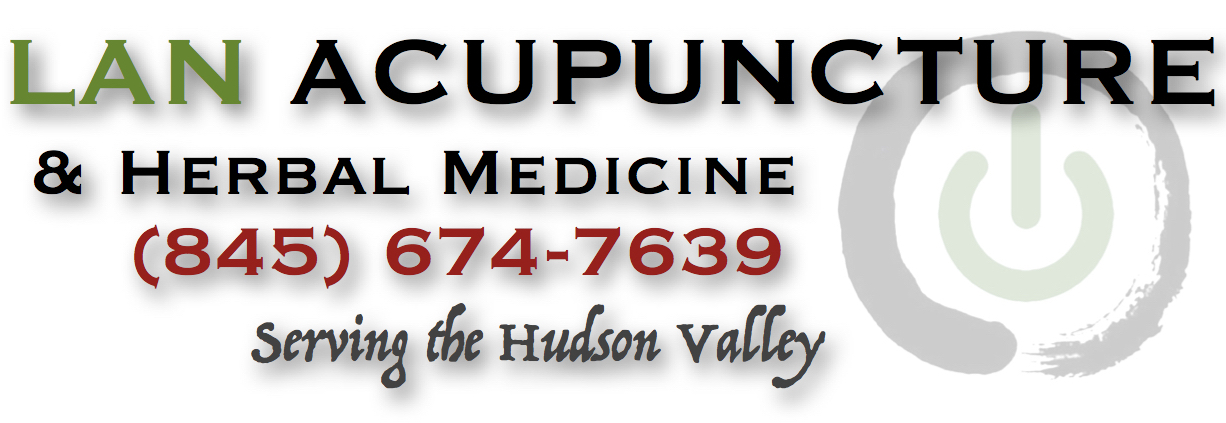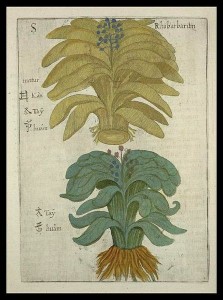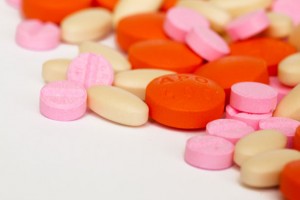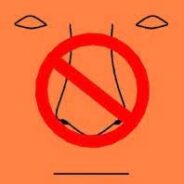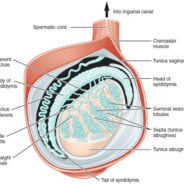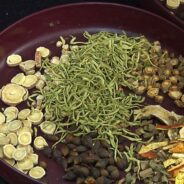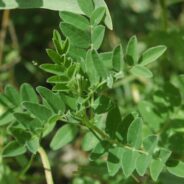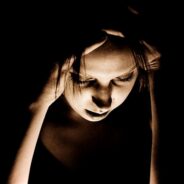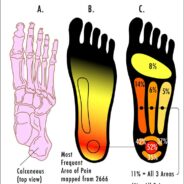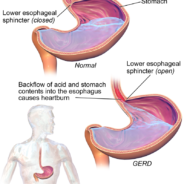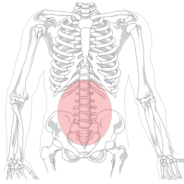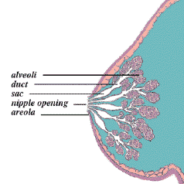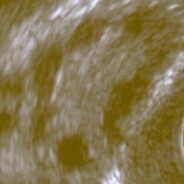1. What is the difference between Chinese herbal medicine and
pharmaceuticals?
2. What is the Difference between Chinese and western herbal
medicine?
3. How long do I need to take herbal medicine
4. When do I take my herbs?
5. Will Chinese herbs conflict with my Western medicine?
1. What is the difference between Chinese herbal medicine and pharmaceuticals?
There are some important differences between Chinese herbal medicine and prescription or over-the-counter western drugs. Since many people in the U.S. are unfamiliar with Traditional Chinese medicine (TCM), it is important to point out some of the basic general differences between Chinese herbal medicine and western drugs:
Importantly, Chinese herbal medicine has few or no side effects. Unlike western drugs, Chinese herbal treatments are taken in a whole food form. For example, teas are decocted from whole roots, stems, and leaves and capsules are filled with crushed whole food material. Western medicine is made by locating active chemical compounds and creating medicines from these compounds. When reduced to its chemical fundamentals, pharmaceuticals have a high potential for side effects. When used appropriately, Chinese herbal treatments will cause no side effects as long as they are used in their whole food form. Research in China has shown that when reduced to their active chemical compounds, Chinese herbal treatments will also cause side effects. This is one reason why TCM practitioners continue to use whole food forms of treatments. Because TCM treatments have not been reduced to their active compounds, they must be consumed in larger quantities and more frequently than most Western pharmaceuticals. They also a broader therapeutic window.
For certain kinds of health conditions, it is necessary to treat with formulas that work by clearing unwanted elements from inside the body. For example, when treating certain skin conditions, the symptoms may become worse before improving because pathogens are being eliminated. Diarrhea is another way that toxins may be cleared from the body. These are neither side effects nor a ‘healing crisis’, because they are necessary to the recovery process. Ask me if you can expect any such reactions.
back to top
2. What is the difference between Chinese and western herbal medicine?
Chinese formulas almost always contain a number of different herbs. Many people familiar with occidental herbal medicine think of herbs as they do western pharmaceuticals; a single herb is good to treat a single disease. For instance, echinacea is good for colds. In TCM, single herbs are rarely used. Formulas may contain as few as two and as many as 15 or more different herbs. In combinations, the individual herbs have different roles. Some may augment or limit the potency of others. Some may concentrate on one specific area of the body whereas others work on a different area. Through thousands of years of practice and research, TCM practitioners have found formulas to be the most effective, most powerful, and safest way of using herbs.
back to top
3.How long do I need to take Chinese herbal medicine?
No treatment lasts forever, according to TCM principles. No treatment, even herbal treatment, is appropriate for continuous use. With western drugs, it is not uncommon for individuals to take certain medications indefinitely. For example, a person with thyroid problems may take Synthroid, a thyroid medication, his entire life. A person with chronic back pain may take Tylenol for years and years. In TCM, a person takes a set of formulas for a limited period of time. This is why TCM practitioners will see their patients regularly (every one to four weeks is common practice). When the patient no longer feels improvement or his practitioner no longer finds improvement in his tongue, pulse, and nails, the herbs will be changed. The first set of formulas has done its job and it is time to move on to the next layer of the problem. When the person’s underlying condition is treated, she will no longer have symptoms and treatment is completed. At that point, there is no longer a need to take herbs. The purpose of treatment is not to control symptoms, but to restore balance to the body. Once balance is restored, the complaints will disappear and there is no longer any need for treatment. The duration of treatment varies depending on the nature and severity of a person’s complaints, how long she has had the complaints, and how quickly her body responds to treatment. Depending on your complaints and condition, you may notice a difference in as few as two or three days. In general, the more chronic a condition, the longer it will take to address it to completion.
back to top
4. When do I take my herbs?
It is best to take herbs at least half-an-hour before or after meals. If you also take western pharmaceuticals, vitamins, or other herbs, it is best to take these at least two hours apart from your Chinese herbs.
back to top
5. Will Chinese herbs conflict with my western medicine?
In most cases, there is no conflict between these two kinds of treatments. It is always best to let me know what medications you take. Please include this on your intake form prior to our first appointment.
LAN Acupuncture & Herbal Medicine
New Windsor, NY
(845) 674-7639
Post-Covid Loss of Taste and Smell
Acupuncture demonstrates clinical efficacy for postviral recovery from the loss of the sense of smell. COVID-19 (coronavirus) patients often experience diminished olfaction, with a median return of the senses of taste and smell within eight days. However, long-term impacts on both gustation (tasting) and olfaction have been reported in COVID-19 cases. Research on acupuncture’s ability to benefit the restoration of olfaction indicates that it is a potentially effective treatment modality for Read more...
read moreAcupuncture & Herbs For Epididymitis
Acupuncture and herbs are effective for the treatment of chronic epididymitis, a condition characterized by testicular tube inflammation. Symptoms include local pain and swelling. Researchers conclude that a combination of acupuncture and Tian Tai Wu Yao San Chinese medicine herbal formula provides relief from chronic epididymitis and is superior to conventional antibiotic treatment. The findings were confirmed by Xi’an Medical School Affiliated Baoji Hospital (Shanxi, China) researchers using Read more...
read moreTraditional Chinese Medicine Used to Treat COVID-19 Coronavirus Patients
Traditional Chinese Medicine Used to Treat COVID-19 Corona Virus Patients Read more...
read moreEndometriosis
Researchers from Nanjing Traditional Chinese Medicine University and Haian Traditional Chinese Medicine Hospital find acupuncture combined with herbs effective for the alleviation of endometriosis. Two patient groups were compared in a six month clinical trial. One group received Traditional Chinese Medicine (acupuncture and herbs) and the other group received mifepristone (RU-486®, a synthetic steroid that inhibits progesterone action, used for the treatment endometriosis or as an abortifacient). Read more...
read moreMigraines and Headaches
Acupuncture enhances positive patient outcome rates for patients suffering from headaches. In separate and independent investigations, researchers have determined that acupuncture significantly boosts the effectiveness of occipital nerve stimulation (ONS) and levo-tetrahydropalmatine (l-THP) drug therapy. Since the late 1970s, neurosurgeons have implanted ONS devices at the base of the skull for the treatment of headaches. An electrical signal is generated by ONS devices to override pain. Researchers Read more...
read moreAcupuncture for Plantar Fasciitis
Acupuncture combined with herbal medicine foot baths is a proven and effective therapeutic method for the elimination of plantar fasciitis. Guangxi People’s Hospital researchers compared using only Traditional Chinese Medicine (TCM) foot baths as a standalone therapy with a combination of TCM foot baths and acupuncture. Compared with Chinese herbal medicine foot bath monotherapy, adding acupuncture treatments to the regimen of care significantly decreases pain and swelling while simultaneously Read more...
read moreAcupuncture Plus Herbal Medicine Outperforms Acid Reflux Drugs
Acupuncture plus herbal medicine outperforms omeprazole (Prilosec, Zegerid) for the treatment of acid reflux. Often referred to as gastroesophageal reflux disease, GERD, or reflux esophagitis, acid reflux occurs when stomach acid reverses direction and enters the esophagus, causing inflammation, heartburn (burning pain), regurgitation of acid into the throat or mouth, nausea, or bloating. Acupuncture plus herbs was more effective than drug therapy in both the short and long-term. In addition, acupuncture Read more...
read moreAcupuncture and Herbs For Lumbar Disc Herniation
Acupuncture combined with herbal medicine is effective for the treatment of lumbar disc herniations. Beijing Timber Factory Worker’s Hospital researchers investigated the effects of warm needle acupuncture and Chinese herbal medicine on patients with lumbar disc herniations. The combined therapy produced a 69.2% total effective rate. Using warm needle acupuncture as a standalone therapy absent the use of herbal medicine produced a 50.7% total effective rate. All patients included in the study Read more...
read moreAcupuncture Enhances Lactation
Acupuncture restores normal breast milk production to lactating mothers with low milk secretion levels. Research conducted at the Hanzhong Shanxi Hospital demonstrates that the application of a specific set of acupuncture points significantly boosts lactation quantities. In a controlled investigation of 116 women with deficient secretion of milk (hypogalactia, hypogalactorrhea), acupuncture successfully increased breast milk secretion from an average of 49.63 ml to 115.21 ml. In addition, lactating Read more...
read moreAcupuncture And Herbs Up Pregnancy Rates For PCOS Patients
Acupuncture, herbs, and therapeutic exercises outperformed drugs for PCOS patients resulting in important improvements. Pregnancy rates, ovulation rates, endocrine secretions, and clinical symptoms improved significantly using a Traditional Chinese Medicine (TCM) protocol. Acupuncture and herbs improve pregnancy rates for PCOS (polycystic ovarian syndrome) patients. Chengdu University of Traditional Chinese Medicine researchers investigated ovulation and pregnancy rates. Group one received Read more...
read more